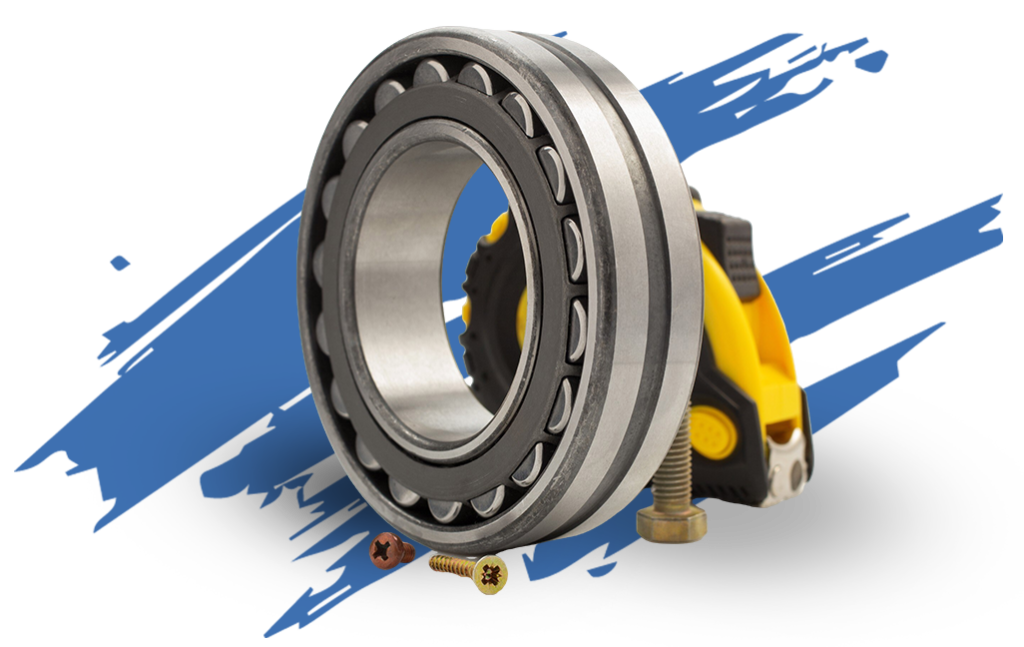Mining Truck Brake
Service and Repair
Keep Your Mining Fleet Safe & Operational with Reliable Brake Services.
Expert Brake Repairs for Mining Trucks in Perth
Mining trucks endure harsh conditions, rough terrain, heavy loads, and constant use. These factors can wear out brakes, leading to warning signs like grinding noises, slow stopping times, overheating brakes, or visible fluid leaks. These factors can cause serious issues like brake
failure, which risks safety. Ignoring brake problems in mining trucks can lead to operational delays, costly breakdowns, safety hazards and unplanned downtime on your site.
At West Fleet Care, we fix these problems with expert attention. Our all-inclusive brake services include diagnosing faults, repairing worn parts, and replacing critical components such as brake seals, bearings, and discs. We use premium-quality parts and advanced tools to ensure brakes are restored to full performance. Our goal is simple: to keep your mining trucks operating safely, efficiently, and reliably across any mining site.
CAT Truck Parts Guide
Perth’s Leading Mining Truck Brake
Service Specialists
West Fleet Care focus on preventing unexpected downtime, improving performance, and ensuring the safety of your operations.
Discs and Plates
We repair and replace damaged discs and plates, restoring full braking power for safe and reliable operation.
Bearings
Our team fixes worn bearings, preventing friction, noise, and uneven brake performance to ensure smooth operation.
Brake Seals
We replace faulty brake seals to stop fluid leaks, ensuring your brakes function safely and effectively.
Duo-Cone Seals
We repair duo-cone seals to prevent leaks and maintain durability, minimising costly downtime for your trucks.

Mobile Services for Mining Fleets - Advanced Diagnostics & Repairs
West Fleet Care mobile services for mining fleets to handle the unique challenges of mining truck brake systems in Perth. Whether you’re on-site or in remote locations, our skilled technicians perform all necessary repairs on-site using advanced tools like brake testing systems, high-capacity lifts, and precision diagnostic equipment. Specialised diagnostic equipment allows us to identify faults quickly and address issues accurately. From grinding discs to leaking seals, no brake problem is too complex for our skilled technicians to handle.
From resurfacing brake discs to replacing seals, bearings, and plates, our tools ensure precision in every repair. We perform all necessary repairs on-site, saving you time and money. With our mobile service, mining companies can rely on quick, efficient, and high-quality repairs that keep their operations running smoothly.
Why Choose West Fleet Care?
Specialised Mining Fleet Expertise
Years of hands-on experience with mining truck brake systems, ensuring reliable and effective repairs.
Skilled, Certified Technicians
Our team is trained and certified to handle complex brake systems, providing you with top-level service.
High-Quality Replacement Parts
Only the best, durable parts are used in repairs to ensure the longevity and performance of your mining trucks.
Custom-Fit Solutions for Your Fleet
Brake services are adjusted to meet the specific needs of each mining truck, ensuring optimal performance and safety.

Frequently Asked Questions
Common signs that your mining truck may need brake service include squeaking or grinding noises when braking, a spongy or unresponsive brake pedal, and vibrations during braking. Additionally, if you notice longer stopping distances or if the truck pulls to one side when braking, it’s time to have your brakes inspected.
It’s recommended to have your mining truck brakes serviced every 10,000 to 15,000 kilometers or at least once a year, depending on usage conditions. However, if your truck operates in harsh environments or experiences heavy loads regularly, more frequent inspections may be necessary to ensure safety and performance.
A typical brake service includes inspecting the brake pads and shoes for wear, checking the brake fluid levels, and examining the rotors and drums for damage. Technicians will also clean and lubricate components as needed, replace worn parts, and perform tests to ensure the braking system is functioning correctly.
To extend the lifespan of your mining truck’s brakes, ensure regular maintenance and inspections are performed. Additionally, avoid sudden stops and excessive speeding, especially when carrying heavy loads. Properly adjusting the brakes and ensuring they are not overheated by frequent heavy braking can also help.
Common causes of brake failure include worn-out brake pads or shoes, contaminated brake fluid, air in the brake lines, and overheating due to excessive use. Regular maintenance can help identify these issues early and prevent catastrophic failures while operating in demanding conditions.
The cost of repairing mining truck brakes can vary widely based on the extent of damage and required parts. Minor repairs may range from AUD 500 to AUD 1,500, while complete replacements of brake systems could exceed AUD 5,000. It’s advisable to get quotes from service providers for an accurate estimate.
Mining trucks typically use air disc brakes due to their superior stopping power and heat dissipation capabilities compared to traditional drum brakes. Air brakes are preferred in heavy- duty applications because they provide reliable performance under extreme conditions.
The time required for a complete brake replacement can vary depending on the type of truck and complexity of the system. Generally, it may take anywhere from a few hours to a full day. Discussing timelines with your service provider before starting work can help manage expectations.
